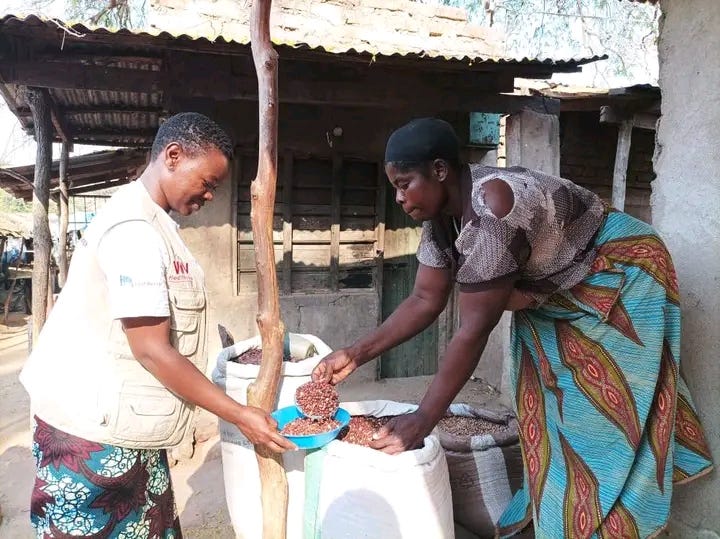“Tonse Project” Transforms Lives of HIV-Positive Residents in Chikwawa District
Since its inception in 2022, the Tonse Project has been working towards reducing HIV self-stigma and economically empowering those affected by the virus.
Chikwawa, Malawi-A Sustainable Development Initiative (SDI) project, known as “Tonse” or “leaving no one behind,” is being lauded for its significant impact in combating stigma and discrimination against people living with HIV and AIDS in Chikwawa district, writes Moses Thole.
Since its inception in 2022, the Tonse Project has been working towards reducing HIV self-stigma and economically empowering those affected by the virus.
Before the project’s launch, SDI statistics indicated that out of the 400,000 residents in Chikwawa District, 50,000 were living with HIV and often faced challenges such as stigma.
The project was launched to promote inclusivity in development initiatives, regardless of one’s health status.
SDI organises cooperatives in Chikwawa communities, using them as platforms for raising awareness and providing business management training.
Alinafe Chipeta, a resident of Bereu and member of the Tikondane village bank under the Mwayiwathu Support Group, praised the Tonse project for its transformative impact.
"Since the inception of the project, many people have changed their mindset on how to live with and treat people who are living with HIV. I am no longer being discriminated against, as was the case before. We now participate in activities like any other person,” Chipeta disclosed in an interview with AfricaBrief.
However, Chipeta called for organisations like SDI to provide individual loans instead of group loans, citing the lack of active participation by some members as a hindrance to team cooperation and profit realisation.
The Project Officer for SDI, Rose Mwalala, explained the rationale behind the Tonse project.
“As one way of reducing HIV self-stigma, which mostly originates from economic challenges, we are distributing loans to the affected residents to transform their mindsets so as not to fall into mental health problems (self-stigma),” said Mwalala.
Another beneficiary, Grace Bucha, echoed Chipeta’s sentiments, commending the awareness campaigns by SDI. She also appealed to SDI to expand its support to include the provision of farm inputs, as most of them are less privileged.
“We would like to plant sesame in the 2023–2024 growing season. But we don’t have the seeds. We are appealing to SDI to help us since the rainy season has just started,” she added.
Despite some challenges, the village savings and loan groups initiated by SDI are yielding positive results. Bucha, for instance, has been able to purchase four goats with proceeds from the group.
Mwalala acknowledged the challenges faced by the affected people, such as the lack of well-trained psychosocial counsellors to help them with mental health issues and a lack of legal systems through which they can report abuse.




Hi